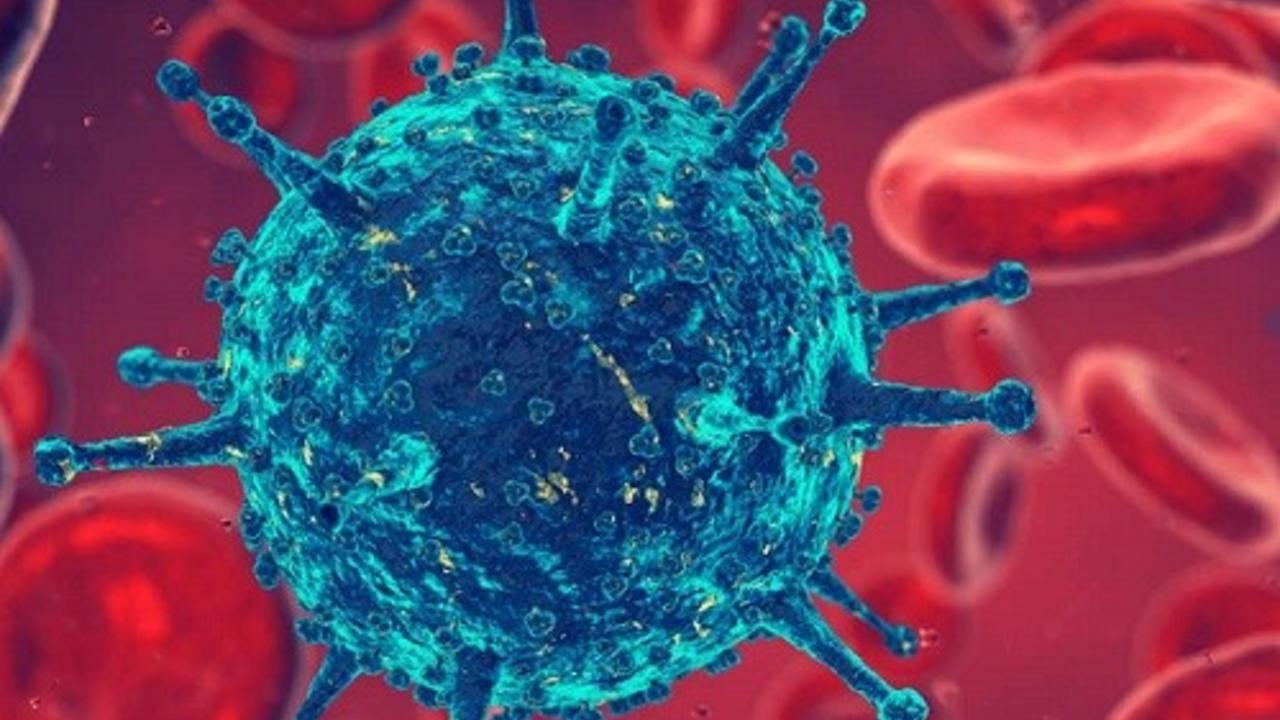Allergy Testing; Why Skin Prick testing doesnt always cut it
Aug 12, 2020
Hi guys...
I'm sitting here this morning in the clinic, sifting through a number of different test results that I have lined up for people later in the week, and it dawned on me that whenever I get people to come in with undiagnosed allergies, they have usually gone down the same path from GP to Allergist... and then somehow end up with me at the end of the line, still with no definitive answers.
So today I want to explain a couple of clinical points when it comes to the ways in which we can diagnose something like a food allergy.
Firstly I feel I need to explain the immune system. When it comes to food allergies or sensitivities (otherwise known as intolerances), there are two main parts of the immune system responsible- namely the IgE and the IgG immune system.
IgE-mediated allergies are the faster-acting allergies that usually involve symptoms such as immediate stomach cramping, diarrhea, hives, swelling, wheezing, or anaphylaxis.
The IgE antibodies release histamine and other fast inflammatory mediators. It is this IgE response that is tested for by allergists when you do a Skin Prick test or even an allergy panel blood test.
In all honesty, unless you are dealing with multiple IgE allergens at once, it is usually relatively easy to identify the offending food, because the reaction is so fast that you can decipher from what has just been eaten or common patterns. However, it is important to identify these reactions properly so that they can be documented and things like EpiPens (allergy Adrenalin pens) can be kept at schools, etc with firm instructions to the caregivers.
The IgG-mediated reactions are far more subtle in their presentation, and quite often have delayed reactions as well. They can take up to 3days to present as things like bloating, migraines, mood swings, depression, asthma, skin rashes, acne, or IBS and inflammatory bowel conditions.
For these reasons, the IgG reactions can be a fair bit harder to identify alone.
As far as I know, most GPs and Allergists do NOT perform the IgG tests, although some Integrative GPs would.
I can also tell you, that these two parts of the immune system do not communicate. I have done very large panels consisting of both IgE and IgG results, and some of the foods that were a strong positive on the IgG were negative on the IgE... so what does this mean in English?
It means that quite often you or your child may be experiencing allergy-type symptoms but come up "negative" to all skin prick testing. This does not mean you are not reacting to something! It simply means that the relevant part of the immune system hasn't been tested.
The bad news with IgG panels is that they are blood tests (and more invasive than a skin prick test for a child)... But the good news about IgG is that sensitivities can be healed and reversed in time, as long as you identify the causes first!
On a side note, there is also an ALCAT blood test. Instead of testing the immune system's reactions, this test looks directly at the cells and asks what foods might be causing the sensitivities. I have a lot of experience with both the IgG and the ALCAT tests... both are great, it really just depends on the application. (Although some do say that the ALCAT has a much higher accuracy rate).
For those who just don't want to do any sort of testing, there is always the option of doing a controlled elimination and rotation diet. This is old school, but still one of the best ways to work with allergies.
Anyway... all I wanted to get across this morning, was to NOT give up hope if your skin prick test came back as a negative... and actually, it might not even be wise to feel "safe" with a food just because it came back as a negative on the IgE panels.
All too often I get mum's come in telling me that they had strong suspicions that their babies were reacting to the dairy in their formula, only to get a clear result from a skin prick test. Guess what? The baby isn't getting better... in fact, I can tell you now that if that baby is having an IgG reaction to the dairy, and continues to have it, over time they increase their inflammation levels and also increase their chances of developing IgE reactions down the track!
Yes.. we treat airborne allergies such as hayfever, dust, or animal hair, but identifying any IgG drivers and treating that gut. Just some food for thought... if you have a family member with allergy-type symptoms, there are other avenues out there. :)
Stay connected with news and updates!
Join our mailing list to receive the latest news and updates from our team.
Don't worry, your information will not be shared.
We hate SPAM. We will never sell your information, for any reason.

